One Kubernetes cluster contains several components, for example, kubelet, etcd, api-server, etc.
We need to set up many certificates and keys when setting up a cluster, then they can carry these certificates to communicate with each other.
> kubectl describe pod kube-apiserver-controlplane -n=kube-system
Name: kube-apiserver-controlplane
Namespace: kube-system
...
Controlled By: Node/controlplane
Containers:
kube-apiserver:
Container ID: docker://6974d026de0b2fadb3d2628d0df971ddc4c3d772665b2cd960a1d0e385f97a5d
Image: k8s.gcr.io/kube-apiserver:v1.20.0
Image ID: docker-pullable://k8s.gcr.io/kube-apiserver@sha256:8b8125d7a6e4225b08f04f65ca947b27d0cc86380bf09fab890cc80408230114
Command:
kube-apiserver
...
--client-ca-file=/etc/kubernetes/pki/ca.crt
--etcd-cafile=/etc/kubernetes/pki/etcd/ca.crt
--etcd-certfile=/etc/kubernetes/pki/apiserver-etcd-client.crt
--etcd-keyfile=/etc/kubernetes/pki/apiserver-etcd-client.key
--kubelet-client-certificate=/etc/kubernetes/pki/apiserver-kubelet-client.crt
--kubelet-client-key=/etc/kubernetes/pki/apiserver-kubelet-client.key
--proxy-client-cert-file=/etc/kubernetes/pki/front-proxy-client.crt
--proxy-client-key-file=/etc/kubernetes/pki/front-proxy-client.key
--tls-cert-file=/etc/kubernetes/pki/apiserver.crt
--tls-private-key-file=/etc/kubernetes/pki/apiserver.key
...
...
I know the concept of Certificate Authority(CA), Certificate, mTLS, and the mechanism of HTTPs.
I know the zero-trust model.
But I don't understand what security risk these Kubernetes certificates try to solve.
If the hacker can get root access to our node, they can view everything including the certificate, this complexity seems not to give us more security.
Questions
What security risks are the most important (common) for a Kubernetes cluster?
If I don't use certificates to protect internal communication within a cluster, how will the hacker attack me?
As far as I know, the communication between AWS load balancer and EC2 is HTTP instead of HTTPs, it seems fine. Why are certificates not required between the load balancer and EC2, but required within a Kubernetes cluster?
